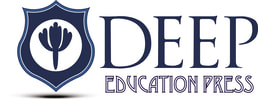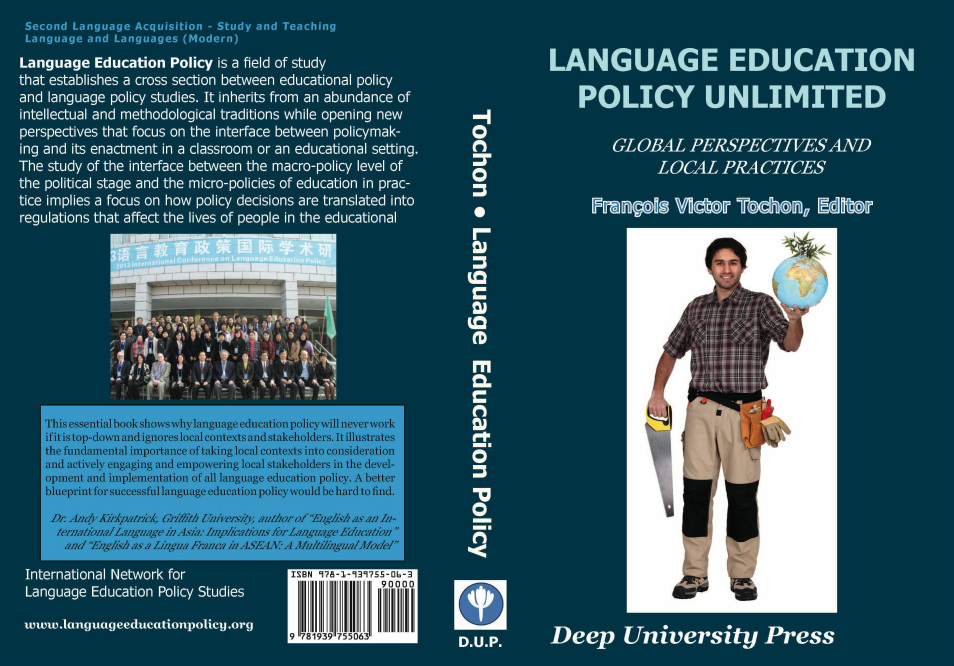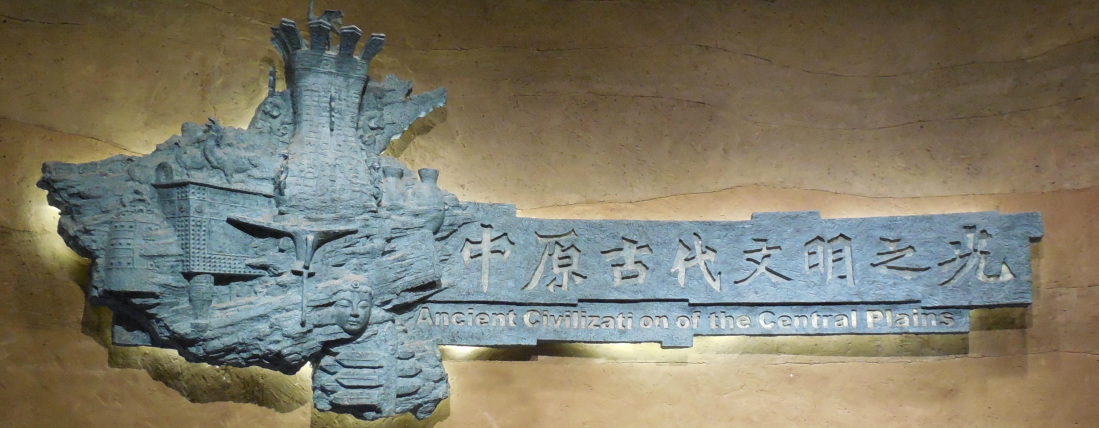Language Education Policy Unlimited:
Global Perspectives and Local Practices
Dr. François Victor Tochon Editor
PDF E-Book Available on Our Website"This essential book shows why language education policy will never work if it is top-down and ignores local contexts and stakeholders. It illustrates the fundamental importance of taking local contexts into consideration and actively engaging and empowering local stakeholders in the development and implementation of all language education policy. A better blueprint for successful language education policy would be hard to find."
- Dr. Andy Kirkpatrick, Griffith University |
This book is a first. Language Education Policy is a new field of study that establishes a cross section between educational policy and language policy studies. It inherits from an abundance of intellectual and methodological traditions while opening new perspectives that focus on the interface between policymaking and its enactment in a classroom or an educational setting. The study of the interface between the macro-policy level of the political stage and the micro-policies of education in practice implies a focus on how policy decisions are translated into regulations that affect the lives of people. 21 authors have contributed to this outstanding volume that situates the stakes in the new field of inquiry with examples in 14 countries.
|
|
The picture on the cover page of this book represents figuratively what numerous activists with a pitch of humor might think should be a good thing: a young dynamic guy taking the responsibility for repairing the planet and straightening the state of affairs, such that it could bring a form of flourishing and peace. The idealistic view of the possibility for humanity to fix its future is not without problem, though. Firstly, notice the activist on the cover picture is a white male. It is difficult not to recognize that the mayhem the planet is in comes in large part precisely from the worldwide action of a certain type of white male. Any categorization has its limits. Financial globalists may not be that representative of all the white males, and this remark does not imply that non-white might not have collaborated and contributed as well to the disaster we are living around this planet, not to speak of white females. Notwithstanding an in-depth analysis of the picture symbolically may raise doubt as to whether a white male, moreover alone, might be the right person to solve issues that evidently have been perpetrated by people with a similar mindset: fixing the world in a proactive and authoritative fashion, with a smile.
|
This reminds me of two quotes, one from Albert Einstein who suggested that we cannot solve a problem from the level of understanding which created it, meaning a new mindset is in order. The second quote is from Ivan Illich who advised young do-gooders from America not to travel to Mexico to fix local houses and thus destabilize the social ecology of villages, but rather stay home and work within their neighborhoods to improve their own communities. Obviously both Einstein and Illich were white males. Yet the guy on the cover page has a saw to fix the world. He may cut things straight his own way, maybe by the rule of law, which brings us to the topic of this book.
"If it ain’t broke, don’t fix it" expresses a shared understanding among American blue-collar workers. The instrumentalist view that tools (rather than ideas, collaboration, struggle against corruption) can do wonders if only one good guy had the courage to do it, is by excellence the representation of the American Do-It-Yourself attitude. The cliché is culturally-bound. Not only would we need females and people of various colors and ethnicities in the picture, but possibly suggestions for other forms of action than simplistic boy-scout bricolage. Francois Victor Tochon, Preface (2015) |
|
This wide-ranging collection provides a global context for understanding how language policy is conceived an enacted in many parts of the modern world. It provides a powerful analysis the need for local engagement and empowerment in policy to bring about change.
Dr. Anthony J. Liddicoat, Research Centre for Languages and Cultures, University of South Australia , Adelaide The volume delivers a powerful statement for the necessity of Language Education Policies to be based, as Tochon puts it succinctly, on a reflection of society, political philosophy, and cultural anthropology. Dr. Andreas Gardt, Professor of Applied Linguistics, Germanist Institute, Kassel University, Germany, author of Sprache und Wissen (Language and Knowledge) This stimulating volume does a wonderful job of focusing critically on the practices of language education policies with its wide-ranging and detailed attention to key issues around the globe. The authors mobilize an impressive array of historical, ideological, political and economic frameworks to explore real problems in language education policy, which has emerged as an important and independent field in the academic world. Dr. Qi SHEN, Ass. Professor, Shanghai International Studies University, China |
While Thailand prepares its linguistic policy by organizing several annual seminars since 2007, this book is a climax of satisfaction for me to read what my country should do in order to have a better understanding of what is happening in my neighboring countries and in particular in Thailand. As everything is “glocalizing”, the sub title of this book, global perspectives and local perspectives, well explains this trend: in a local context, education needs to be internationalized for a better exchange in all kinds of interests. In an international context, education needs potential local actors to contribute to create new opportunities for all. That is the question because education is one of the vital public services that must be assured by the state.
Dr. Sombat Khruathong, Associate Professor & Associate Dean, Faculty of International Studies, Prince of Songkla University, Thailand The collection of chapters is likely to be of great use to readers with a central interest in language-in-education policy and practices (especially in multilingual context) and to those studying or researching in world languages and teaching areas. Dr. Haihong WANG, Professor in Comparative Education, School of International Studies, Zhejiang University |
|
This impressive volume has something for everyone who wishes to gain rich insights into the issues and processes involved in the development of language education policy. Through its chapters, we are able to appreciate the diversity of this relatively new field of scholarship, as we journey around the world, exploring a myriad of issues in a wide range of national contexts and educational sectors, considering the ways in which different actors (teachers, learners, policymakers, families etc) interface with the ongoing development of language education policies in relation to numerous languages. Yet the book is held together by an exploration of human values and experiences, such as respect for diversity, engagement, struggle, ethics and social justice, which provide the basis of a coherent and critical theoretical framework that can support further development of the field.
Dr. Terry Lamb, Professor, Sheffield University, United Kingdom; President of the International Federation of Language Teachers Associations |
This book is a landmark with a comprehensive analysis of the key issues in educational language policy and practice at a time when linguistic diversity is threatened as never before. Narrow bureaucratic views of national language policies, globalization and the growing impact of “killer languages” like English have led to homogenization and standardization of languages seriously disadvantaging the indigenous and dominated languages all over the world. Under such conditions, increasing number of mother tongues get diminished as heritage languages whereas dominant global languages become the new (enforced) mother tongues. On the positive side, there is a growing interest in multilingualism and multilingual education has become a global movement. The book offers a very timely emphasis on the need for a flexible, culturally rooted and inclusive approach to LEP.
Dr. Ajit Mohanty, Professor and Chief Adviser, National Multilingual Education Resource Consortium, Jawaharalal Nehru University, India |
|
Brilliant overview on language planning in educational contexts around the world —many of which normally stay outside Western sight — heightening the indispensableness of local perspectives and ecologies for language policymaking. Imperative reading for those willing to broaden their horizons concerning education and language in multilingual contexts.
Dr. Carlos Maroto Guerola, Universidade Federal de Santa Catarina, Florianópolis (SC), Brazil Given that Intercultural Communication is insufficiently integrated into the educational environment, and thus merits more attention, Language Education Policy and its Limits: From Global Perspectives to Local Practices is an important contribution to this direction, in particular because of the practical points of views which are highly relevant to language educators in LEP and Peace Studies courses. By providing invaluable insights from specific contexts, it will significantly advance broader scholarship and will be of interest to researchers and practitioners in the field of language education policy studies. Dr. Aneta Stojić, Professor, University of Rijeka, Croatia This volume is inspiring for language policy researchers as it draws on a broad and deep disciplinary basis including classical philosophy, critical and ethical hermeneutics. The book is a tmely call for lifting the Kantian veil of ignorance that still persists in civil society vis-a-vis minority languages. The authors managed to present the global picture with due attention to the local perspectives. Dr. Anikó Hatoss, Doctoral convenor, University of New South Wales, Sydney, Australia; author of Displacement, Language Maintenance and Identity |
An indispensable volume on language education policy of interest for all actors involved in language education at a time in which the interest in multilingualism is growing fast. The volume presents multiples perspectives on language education policy making and its enactment. The book will represent a landmark in this relatively new field inquiry.
Dr. Manuel Jiménez Raya, Professor and Head of the English Department, University of Granada, Spain, author of Pedagogy for Autonomy in Language Education in Europe |







